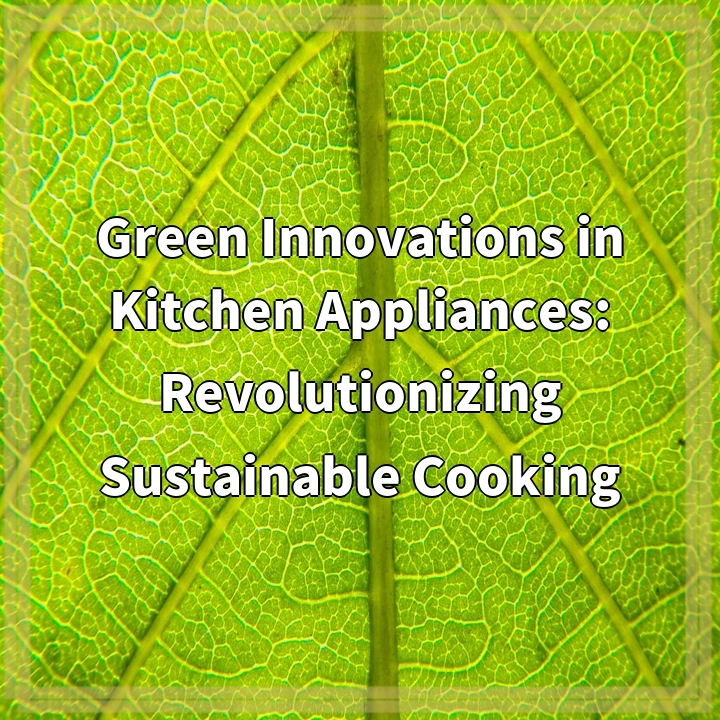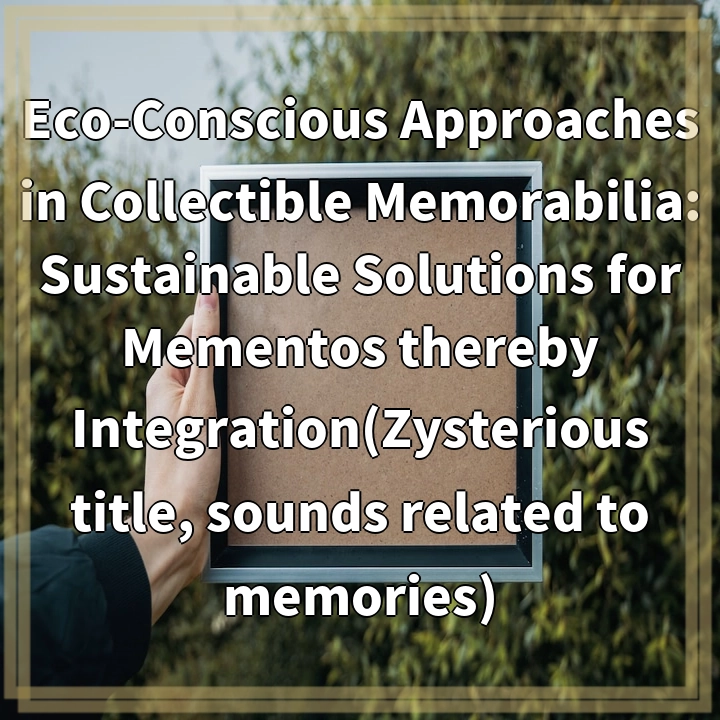
What it is:
Green Innovations in Kitchen Appliances are a new wave of eco-friendly and sustainable cooking solutions that aim to minimize the negative environmental impact of traditional cooking practices. These innovations encompass a range of appliances and technologies that are designed to reduce energy consumption, conserve water, and promote healthier and more sustainable cooking methods.
Real-World Problems:
The use of conventional kitchen appliances can contribute to significant environmental and health challenges. Here are some of the real-world problems associated with traditional cooking practices that green innovations aim to address:
1. Energy Consumption:
Traditional kitchen appliances, such as ovens, stovetops, and refrigerators, consume substantial amounts of energy, contributing to greenhouse gas emissions and increasing overall energy demand. This has a significant impact on our planet’s climate and depletes natural resources.
2. Water Waste:
Many conventional cooking methods involve excessive water consumption, such as boiling or steaming vegetables. This leads to unnecessary water waste and places additional strain on water resources, especially in regions facing water scarcity.
3. Food Waste:
Improper storage and inefficient cooling in conventional refrigerators can lead to food spoilage and waste. This not only squanders valuable resources used in food production but also adds to methane emissions in landfills when the wasted food decomposes.
4. Air Pollution:
Traditional cooking methods, particularly those that rely on fossil fuels like gas or coal, can release harmful pollutants into the air. These pollutants, such as carbon monoxide and particulate matter, can cause respiratory issues, contribute to air pollution, and have detrimental effects on human health.
5. Non-Biodegradable Materials:
Many conventional kitchen appliances are made with non-biodegradable materials like plastic and have a shorter lifespan, leading to an increase in waste generation. With the growing concern over plastic pollution, finding eco-friendly alternatives for kitchen appliances becomes imperative.

Solutions:
In response to the real-world problems associated with traditional cooking practices, green innovations in kitchen appliances offer promising solutions to revolutionize sustainable cooking. Here are some key approaches and technologies that aim to mitigate the environmental impact of cooking while promoting healthier and more sustainable practices:
1. Energy-Efficient Appliances:
Green innovations focus on developing kitchen appliances that are designed to be energy-efficient. This includes the use of advanced insulation materials, smart technology with energy-saving features, and the integration of renewable energy sources. Energy-efficient stoves, ovens, refrigerators, and dishwashers can significantly reduce energy consumption and lower carbon emissions.
2. Water Conservation:
Sustainable kitchen appliances prioritize water conservation by incorporating features such as water-saving dishwashers, low-flow faucets, and smart sensors that optimize water usage. These innovations help minimize water waste during cooking and cleaning processes, contributing to water resource preservation.
3. Food Preservation Techniques:
Green innovations focus on improving food storage and preservation to minimize food waste. Smart refrigerators with temperature control systems, humidity regulation, and compartmentalized storage help extend the shelf life of perishable items. Vacuum sealers and composting systems also assist in reducing food waste and promoting efficient resource utilization.
4. Clean and Sustainable Cooking Technologies:
One of the significant advancements in green innovations is the development of cleaner and more sustainable cooking technologies. This includes induction cooktops that use electromagnetic fields to heat cookware instead of relying on fossil fuels, solar-powered ovens and grills, and efficient ventilation systems that capture and filter cooking fumes to reduce indoor air pollution.
5. Eco-Friendly Materials and Design:
Sustainable kitchen appliances are designed using eco-friendly materials, such as recycled or biodegradable plastics, stainless steel, and natural fibers. Manufacturers also strive to implement a cradle-to-cradle approach, ensuring that appliances are easily recyclable or have longer lifespans through repairability and upgradeability.















